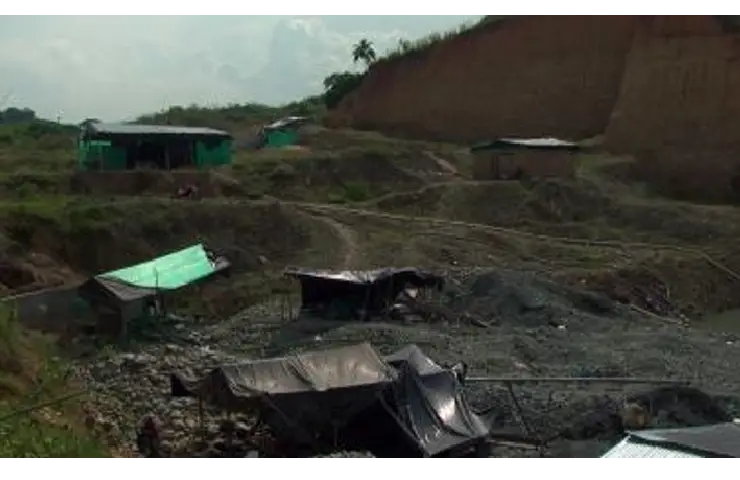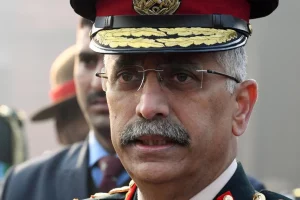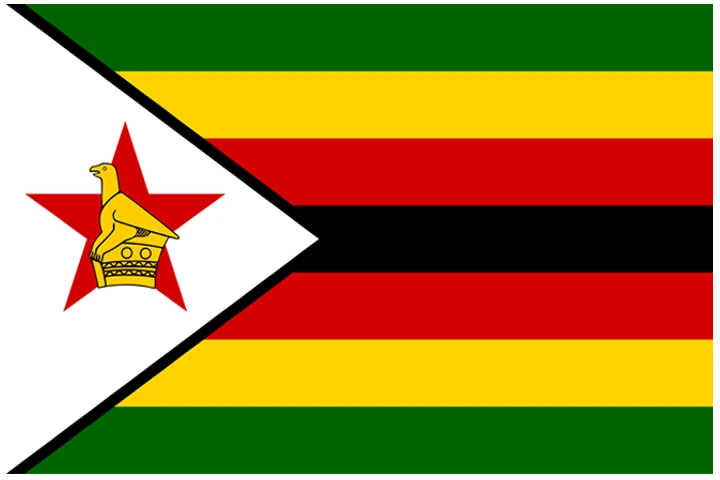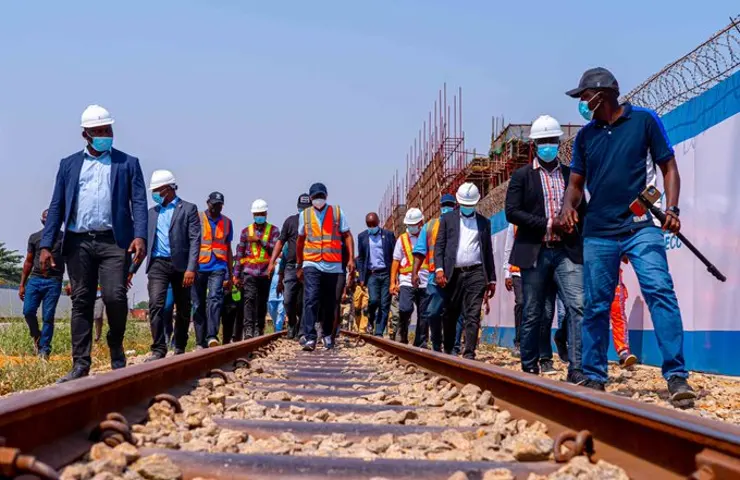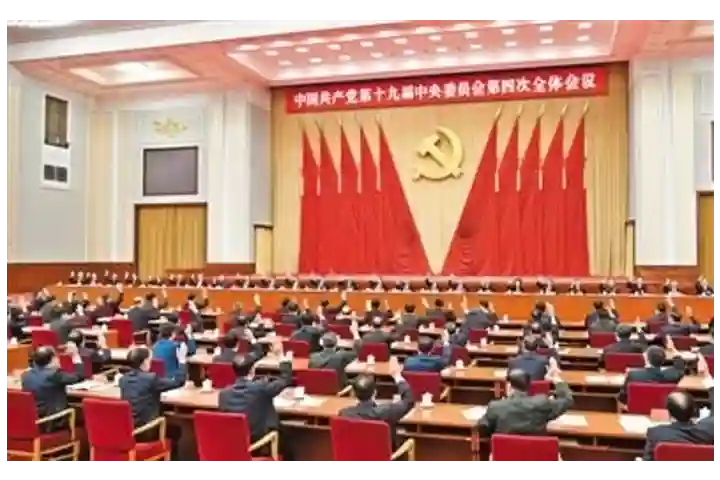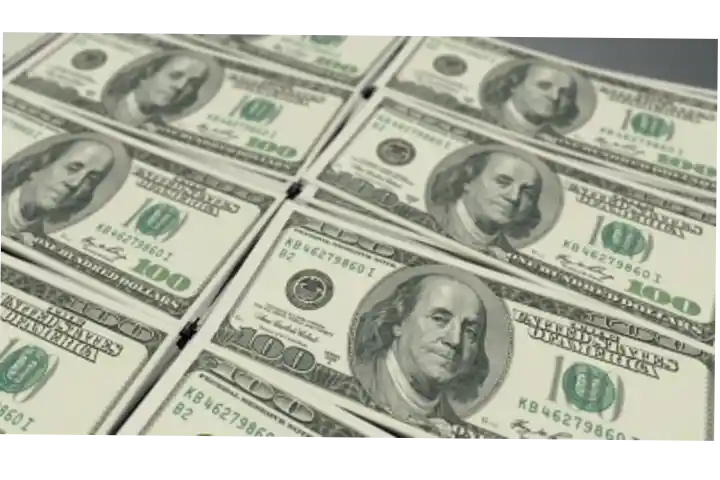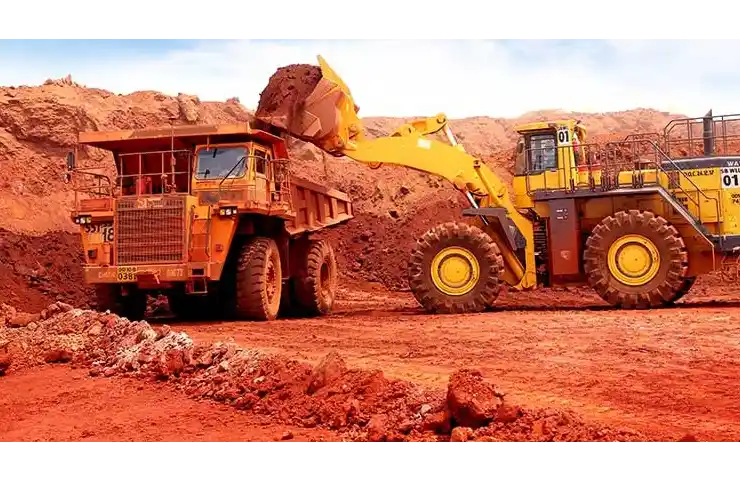Congo’s President Felix Tshisekedi wants a review of mining contracts signed with China in 2008 –a move that could impact Beijing’s aspirations to lead the global Electric Vehicle (EV) industry.
The President wants to begin by taking a closer look at the "technical and financial details of Sino-Congolese contracts", according to an Al Jazeera report.
The Democratic Republic of Congo (DRC) is the world's biggest producer of cobalt–an essential component in batteries used to power electric vehicles and appliances like smartphones, tablets and laptops.
Former President Joseph Kabila, who ruled from 2001-2019, had negotiated a controversial minerals-for-infrastructure contract with China for $9 billion. The deal was reduced under pressure from the International Monetary Fund (IMF) but DRC still paid $2.74 billion to China.
Kabila’s government had entered a deal with Sinohydro. Besides, China Railway agreed to build roads and hospitals in exchange for a 68% stake in the Sicomines venture.
A statement after the Friday cabinet meeting said that DRC is lacking in infrastructure and this hampers its development, hinting that the promised infrastructure has not materialised.
President Tshisekedi had earlier also said that he wants to review contracts signed with foreign mining companies. Al Jazeera quoted Tshisekedi as saying: “It is not normal that those with whom the country has signed exploitation contracts are getting richer while our people remain poor”.
In August Tshisekedi’s government had announced that it had formed a commission to reassess the reserves and resources at China Molybdenum's massive Tenke Fungurume copper and cobalt mine in order to "fairly lay claim to (its) rights", Reuters had reported.
Tshisekedi has said that lopsided contracts with mining companies have denied the Congolese people their fair share of benefits from the sale of their nation's minerals.
According to Reuters, some analysts saw the presidential review as the result of western pressure to target Chinese companies. China's ambassador to Congo warned that the country "must not be a battlefield between major powers".






